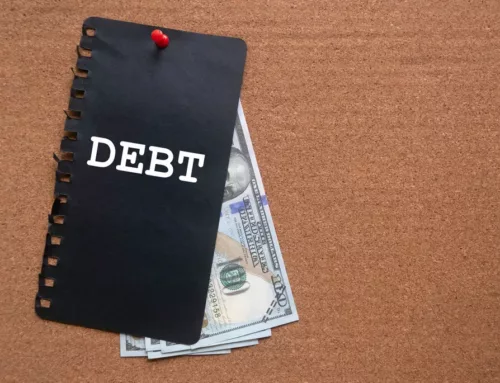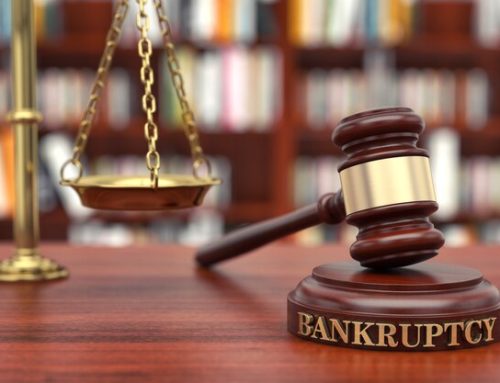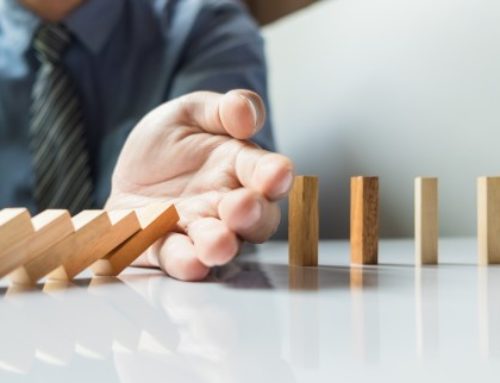Those considering bankruptcies are often overwhelmed by the complicated legal process it involves. Learning about basic bankruptcy information, however, can help you become more familiar with how such proceedings go.
Filing bankruptcy requires a bankrupt individual to go through several steps. What filers must first do, however, is to contact a reliable bankruptcy law firm. A consultation with a trusted local attorney must be done before anything else, way before undergoing bankruptcy counseling and taking the means test. A bankruptcy attorney who is well-versed in relevant state law will be able to explain to you the bankruptcy process. He or she can discuss in detail how to file these proceedings in the bankruptcy court, and how to make sure that they go smoothly.
A bankruptcy filing could help the filer pay back lenders, wipe out certain types of debt, and financially have a fresh start in life. For this reason, declaring bankruptcy is generally considered a good debt-relief option.
A person struggling financially will likely consider working on a bankruptcy case to address his or her financial problems. Remember, however, that no two bankruptcy cases are the same. There are numerous types of bankruptcy, which are best for different individuals, depending on their specific circumstances. When filing for bankruptcy, debts are wiped out either after having certain assets liquidated (liquidation) or making payments following an approved debt-repayment plan (reorganization). Aside from providing legal help, a competent bankruptcy lawyer can differentiate the two common bankruptcy filings mentioned above.
What is referred to as a bankruptcy discharge?
Under the bankruptcy code, debts that have been forgiven are called discharged debts. When you declare bankruptcy, whether under filing Chapter 7 or 13, a court order will discharge debts that you owe from certain lenders. If a declaration of bankruptcy leads to a discharge, debt collectors are no longer allowed to ask for repayment for what the debtor owed them. Essentially, one need not worry about how to pay off creditors of loans that were wiped out because of a successful bankruptcy petition.
 Discharged debts are often associated with a Chapter 7 petition for bankruptcy, especially because debts are forgiven within a shorter period. While certain debts are also dischargeable in the context of a Chapter 13 bankruptcy petition, a bankrupt individual would have to wait longer. According to relevant bankruptcy law, one must first make all monthly payments that were included in the payment plan. This could take three to five years.
Discharged debts are often associated with a Chapter 7 petition for bankruptcy, especially because debts are forgiven within a shorter period. While certain debts are also dischargeable in the context of a Chapter 13 bankruptcy petition, a bankrupt individual would have to wait longer. According to relevant bankruptcy law, one must first make all monthly payments that were included in the payment plan. This could take three to five years.
The majority of those who proceed with filing bankruptcy do so to have debts forgiven. When choosing between the two common bankruptcy types mentioned, your specific financial problems must be considered. If your debts are generally dischargeable, then a Chapter 7 bankruptcy declaration could indeed be a good option. Otherwise, you should probably settle your non-dischargeable debts through a Chapter 13 debt repayment plan.
Under bankruptcy laws, a person who filed for bankruptcy would likely have all of his or her unsecured debts discharged. Included here are unpaid medical bills and credit card bills. Personal loans and some forms of tax debt could also be considered but on a case-to-case basis. Creditors of the person who files for bankruptcy, for example, may try to have what is owed to him or her as non-dischargeable.
On the other hand, loans that are generally not included in the discharge are alimony or child support, student loans, criminal fines or penalties, and certain tax debt. These must be settled, even after declaring bankruptcy.
A discharge notice from the bankruptcy court will stop creditor or debt collector harassment and even wage garnishment. Such notice is sent to your trustee, or the individual overseeing your case, and your unpaid creditors.
Take note that the specifics of bankruptcy rules could vary from court to court. If you want to know more about what types of debt are usually discharged after filing bankruptcy, consult with bankruptcy attorneys to look into your situation.
Good bankruptcy lawyers can likewise explain how filing a petition is crucial if one wants to stop foreclosure or repossession of personal property. He or she can help you fill out bankruptcy forms, prepare the required paperwork and supporting documents, and assist you even after bankruptcy.
Successful bankruptcy proceedings have helped so many individuals dealing with debt. For inquiries on discharge, the bankruptcy process, or how to file for bankruptcy, call us at 601-202-5101. Get in touch with us at Rollins Law Firm to consult with an experienced and hands-on bankruptcy lawyer.






Connect with Us